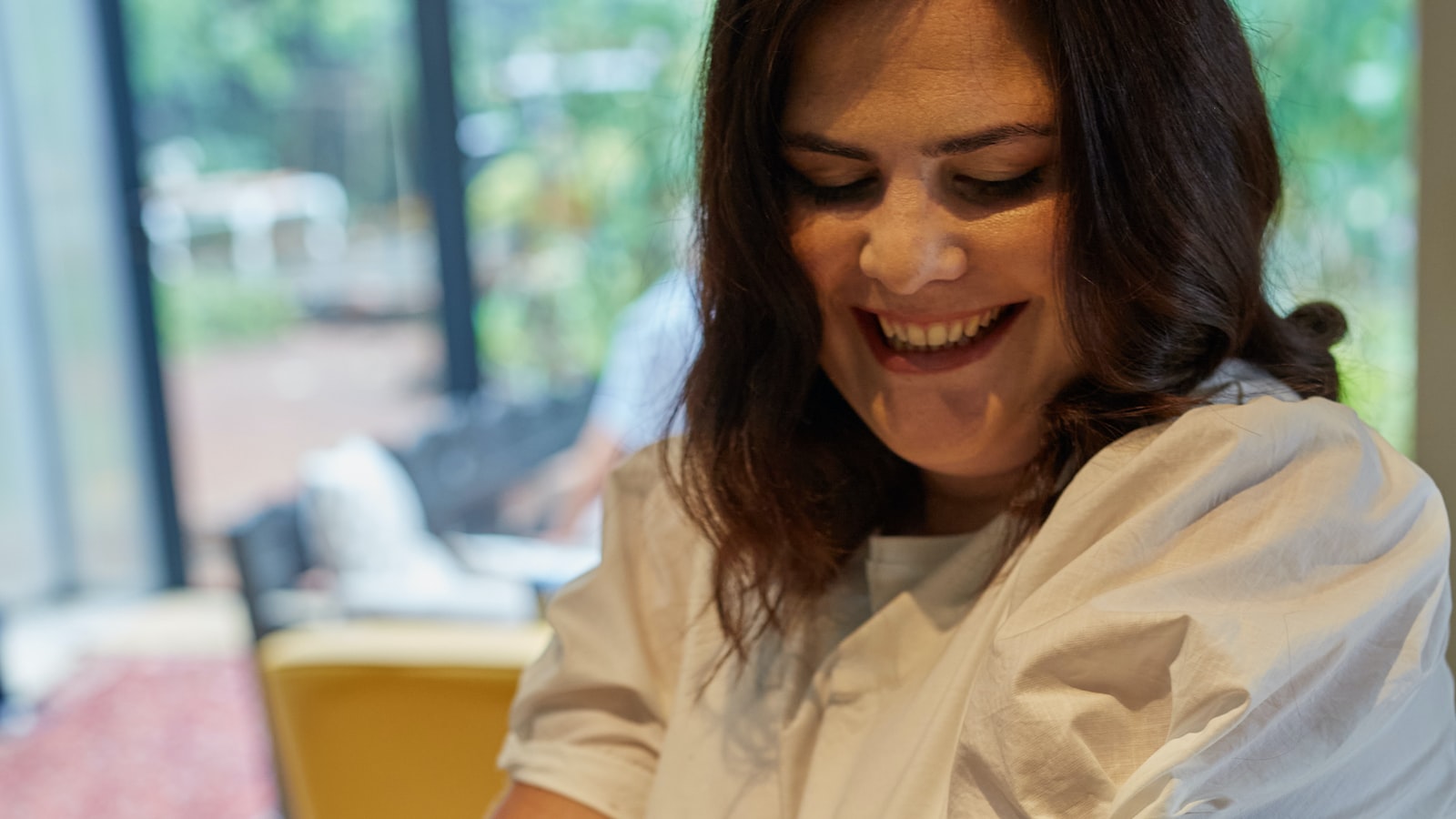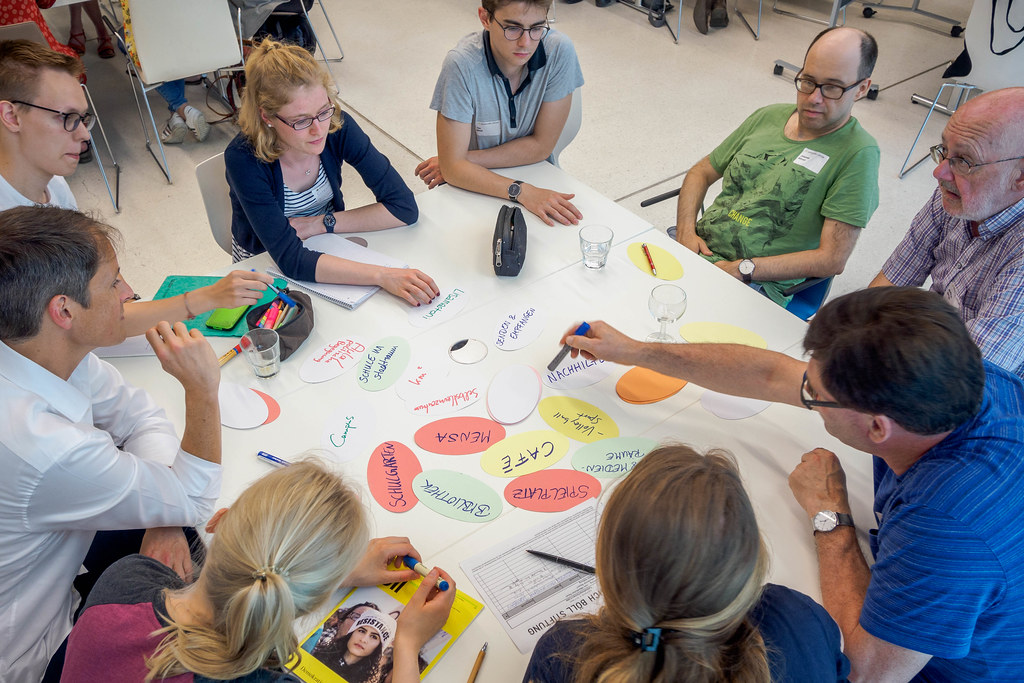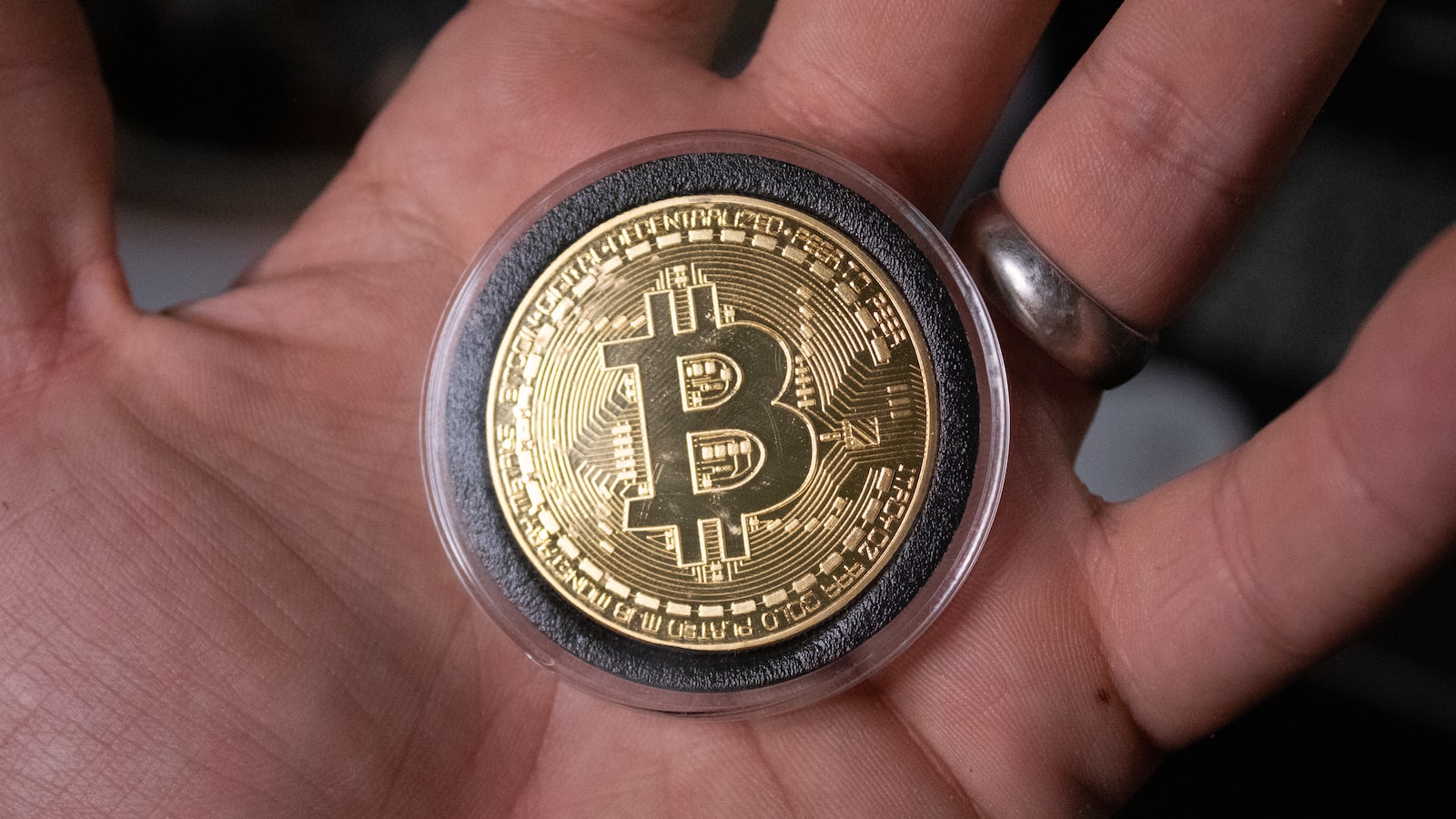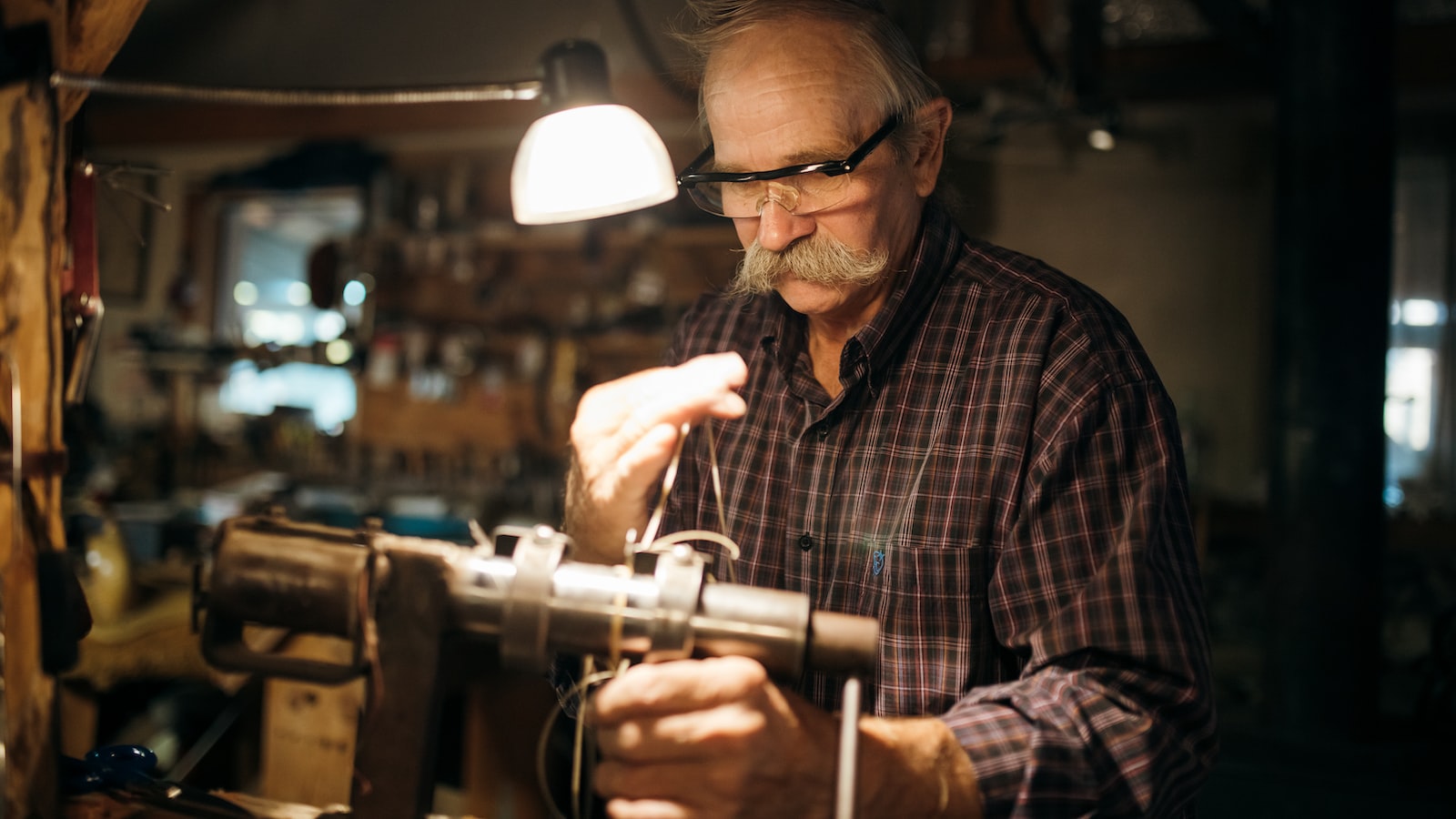When you think about becoming an artist, perhaps the first image that pops into your head is of someone standing in a studio, brush in hand, creating a masterpiece. But for any budding artist, the real key to success lies in continuous learning and attending workshops. Whether you’re just starting out or already well-established in the art world, the importance of learning and growing your skills is paramount—and workshops can provide a great way to do so. This article will explore the role of continuous learning and workshops in growing an artist’s skill set.
1. Benefits of Continuous Learning
Continuous learning is essential to the success of every individual. There are various benefits associated with lifelong learning for both personal and professional growth. Here are some of the key benefits of investing in continuous learning:
- Develops critical and analytical thinking skills: By learning new concepts, individuals can develop the ability to think critically and analyze complicated problems. This enhances the effectiveness of problem-solving techniques.
- Improves communication skills: Through continuous learning, individuals have the opportunity to interact with people from different backgrounds and cultures, allowing them to refine their communication and negotiation skills.
- Boosts career opportunities: Gaining new skills and knowledge through continuous learning enhances job prospects and allows individuals to develop more marketable skills. This can open up opportunities for career advancement.
- Increases earning potential: Learning new skills and earning professional certifications can result in higher salaries. Continuous learning is an investment in one’s future career success and earning potential.
- Enhances personal development: Learning new things continually makes individuals more aware of the world around them and can lead to enhanced self-awareness, personal growth, and meaningful contributions to society.
Continuous learning is essential to personal and professional growth. Investing in lifelong learning can open new opportunities, develop key skills, and increase one’s earning potential. With the right approach and dedication, individuals can reap the benefits associated with continuous learning.

2. Exploring Different Workshops
When it comes to learning something new, joining a workshop can be an incredibly useful resource. Workshops come in all shapes and sizes, from group classes to personal tutorials, and well beyond. Here are some of the options to check out and explore:
- Group Workshops – Group workshops are the most common type – think of an art class or a cooking class. Group workshops are great for learning something new with others, and you can often get a better deal as the price is distributed among the participants.
- Online Workshops – If time or budget is an issue, online workshops are definitely worth considering. With online classes there is often a degree of flexibility in terms of speed and schedules, as well as access to tutorials and other references.
- Private Workshops – Private workshops are great for those who require more personalized instruction. This is an especially good option for highly technical, specialty topics that require more detailed instruction.
No matter what type of workshop you’re looking for, Finding the right one for what you need is all about doing your research and exploring all your options. Be sure to read reviews and check references so that you can make the best decision for what you need. Different workshops have different levels, goals, and styles, so research is key. When you find the right one, you augment and enhance your existing knowledge or skills and gain a better understanding of your new subject.
3. Investing Time in Growing as an Artist
When building a career in art, or just growing as an artist in general, time is an invaluable asset. Investing time, effort, and energy into growing as an artist helps develop unique and valuable skills that will make your art stand out. Here are some ways to invest time in growing as an artist:
- Experiment with different mediums and techniques.
- Research the history of different art movements.
- Study art techniques from experienced masters.
- Interview other artists about their processes.
- Attend art lectures or demonstrations.
Analyze and evaluate other artists’ work and use this information to refine your own artistic practices. This can help you better recognize the nuances within artwork that make it successful. Experimenting with techniques and learning from experienced and successful artists can help not only to inspired you, but also give you mentoring on an individual level.

4. Developing Professional Skills through Workshops
Assessing Professional Gaps
Workshops can be a great way to assess what we know and don’t know and identify areas that we need to develop professionally. They can also give us a chance to network with others from different backgrounds and get fresh perspectives on our own work. Workshops should be used to assess what steps need to be taken to help bridge any gaps we may have.
Gaining the Necessary Knowledge
Through attending workshops, we can gain the skills needed to improve our professional competency. They present the opportunity to access education and skill-based programs to engage in activities and dialogue with industry leaders. Workshops can be tailored to specific needs and be utilized to give the knowledge required to develop professional skills, such as:
- Critical thinking
- Analytical reasoning
- Effective communication
- Team building
- Leadership development
The activities that arise from workshops offer an excellent learning experience and can equip us with the additional skills needed to reach our professional goals. For any artist, the journey of growing and mastering their craft never ceases. With each new skill learned, a deeper understanding of creativity is gained. To better understand their own craft, artists should take the time to get fresh perspectives and challenge their existing knowledge in a variety of workshops. After all, the possibilities are endless when one remains open to continuously learning, exploring, and creating.

